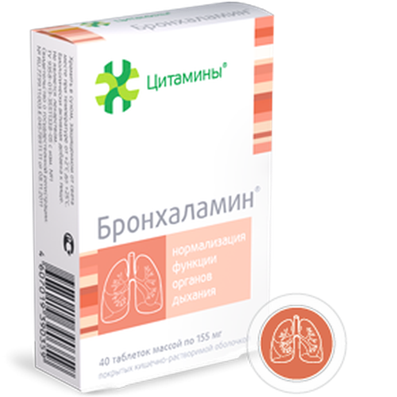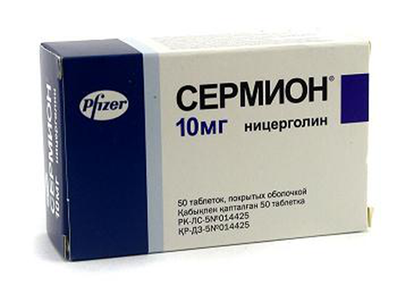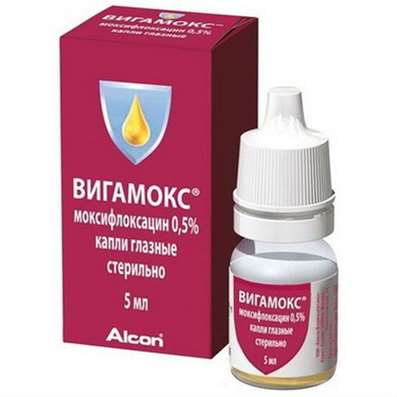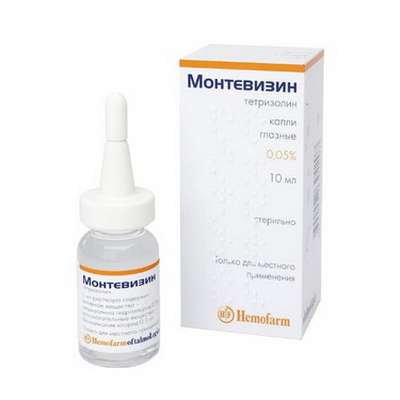Instruction for use: Timolol-AKOS
I want this, give me price
Active substance Timolol
ATX Code S01ED01 Timolol
Pharmacotherapeutic group:
Beta-blockers
Ophthalmic agents
The nosological classification (ICD-10)
H40.1 Primary open-angle glaucoma
open-angle glaucoma, Open-angle glaucoma, Primary glaucoma, pseudoexfoliation glaucoma, Elevated IOP
H40.2 Primary angle-closure glaucoma
closure Glaucoma, Glaucoma with a narrow angle of anterior chamber, Angle-closure glaucoma, Acute angle-closure glaucoma, An acute attack of angle-closure glaucoma, Elevated intraocular pressure angle-closure glaucoma, Chronic angle-closure glaucoma
H40.3 Glaucoma secondary posttraumatic
Post-traumatic secondary glaucoma, Glaucoma after cataract operated
H40.4 Glaucoma secondary to inflammatory diseases of the eye
Glaucoma uveal, Uveal secondary glaucoma
H40.5 Glaucoma secondary to other eye diseases
The secondary open-angle glaucoma, Glaucoma afakicheskaya, Secondary glaucoma
H57.8 Other unspecified disorders of the eye and adnexa
Intraocular hemorrhage, Inflammatory eye disease, Secondary bloodshot eyes, Burning sensation in the eyes, Protecting the front surface of the eye, Itchy eyes, Xerosis, Itching and burning eyes, Dry eye syndrome, Dry eye, xerophthalmia
Structure and Composition
0.25% Eye Drops 1 liter
timolol maleate 2.5 g
Excipients: benzalkonium chloride; sodium phosphate monobasic 2-water; sodium phosphate dibasic 12 water; water for injections
in flakonah- polyethylene 5 ml or 10; In the paper cartons 1 vial or 50 vials per box.
0.5% eye drops 1L
timolol maleate 5 g
Excipients: benzalkonium chloride; sodium phosphate monobasic 2-water; sodium phosphate dibasic 12 water; water for injections
in flakonah- polyethylene 5 ml or 10; In the paper cartons 1 vial or 50 vials per box.
The drug forms
Clear, colorless or slightly colored liquid.
Characteristic
Nonselective beta-blockers without sympathomimetic activity.
pharmachologic effect
antiglaucoma.
When applied topically, it lowers intraocular pressure by reducing aqueous humor formation and a slight increase in its outflow.
pharmacodynamics
Effect is 20 minutes after instillation, the maximum effect - in 1-2 hours duration - 24 hours.
Pharmacokinetics
When applied topically to quickly penetrate through the cornea into the eye tissue. The small amount reaches the systemic circulation by absorption through the conjunctiva, the mucous membranes of the nose and the lachrymal tract. In the form of metabolites excreted by the kidneys. In infants and young children the concentration of the active substance greatly exceeds the Cmax in adults plasma.
Indications
Open-angle glaucoma, secondary glaucoma (uveal, afakicheskaya, posttraumatic), a sharp rise in intraocular pressure, angle-closure glaucoma (in combination with miotikami).
Contraindications
Bronchial asthma, sinus bradycardia, AV block II-III degree, acute and chronic heart failure, cardiogenic shock, degenerative corneal disease, rhinitis, hypersensitivity to the drug.
Be wary - if emphysema, pulmonary disease, cerebrovascular disease, chronic heart failure, diabetes, hypoglycemia, thyrotoxicosis, myasthenia gravis, while the appointment of beta-blockers.
Pregnancy and breast-feeding
Perhaps if the expected effect of therapy outweighs the potential risk to the fetus. At the time of treatment should stop breastfeeding.
Side effects
Local reactions: redness eyelid skin, burning and itching in the eyes, conjunctival hyperemia, tearing or decrease lacrimation, photophobia, edema of the corneal epithelium, a short break in visual acuity; blepharitis, conjunctivitis, long-term use may develop superficial keratopathy point (decrease the transparency of the cornea), and decreased corneal sensitivity, possible ptosis, rarely - diplopia.
Systemic reactions: paresthesia, rhinitis, nasal congestion, nasal bleeding, decreased blood pressure, bradycardia, bradyarrhythmia, AV block, heart failure, cardiac arrest, dizziness, headache, drowsiness, hallucinations, muscle weakness, sexual dysfunction, decreased potency, transient ischemic stroke, collapse, depression, dyspnea, bronchospasm, pulmonary insufficiency, nausea, vomiting, diarrhea, allergic reactions (including urticaria).
Interaction
Epinephrine, pilocarpine, systemic beta-blockers increase the effect. When applied with reserpine may develop bradycardia or hypotension (this combination requires careful medical supervision) .; with BPC or cardiac glycosides may impair AV conduction, acute left ventricular failure or hypotension. It enhances the effect of muscle relaxants (drug should be discontinued 48 hours before the expected general anesthesia with the use of peripheral muscle relaxants).
Dosing and Administration
Subconjunctival. Adults and children over 1 g - 1 drop of 0.25% or 0.5% solution of 2 times a day. When intraocular pressure normalizing the maintenance dose - 1 drop of 0.25% solution of 1 times a day.
Overdose
Symptoms: Accidental ingestion - nausea, vomiting, dizziness, headache, decreased blood pressure, bronchospasm, bradycardia.
Treatment: symptomatic therapy. To eliminate bronchospasm or bradycardia - in / in a isoprenaline; for the treatment of hypotension - dobutamine.
Precautionary measures
Efficiency control should be about 3-4 weeks after initiation of therapy. During treatment at least 1 time in 6 months should monitor the function of tearing, the integrity of the cornea, the field of view.
Be careful while driving.
It should not be instilled into the eyes of two beta-blocker simultaneously.
Prolonged use may weaken the effect of timolol.
When transferring patients to treatment with timolol may need refractive error correction.
The drug should be discontinued 48 hours before the expected general anesthesia with the use of peripheral muscle relaxants.
special instructions
Contact lenses should be removed prior to instillation and put on no earlier than 15 minutes after it.
Storage conditions
In the dark place at a temperature no higher than 25 ° C.
Keep out of the reach of children.
shelf life
eye drops 0.25% - 2 years.
eye drops of 0.5% - 2 years.

 Cart
Cart





